Seminar Programme
SCL HUB 2025
Supply Chain Planning
Digital Transformation of the Supply Chain
Leadership and Innovation
Supply Chain Sustainability
8:00 AM
9:00 AM
10:00 AM
11:00 AM
12:00 PM
1:00 PM
2:00 PM
3:00 PM
4:00 PM
5:00 PM
6:00 PM
7:00 PM
-
SCL HUB Conference Agenda
-
Theater: Reception
Registration
-
Event Director’s Welcome
-
Opening Keynote Presentation Theater: Syon 3
‘Unleashing’ Complexity and Turning It into Competitive Advantages for a Future-Ready Supply Chain: A Joint Presentation by FuturMaster and Heineken

Gilles Lefebvre
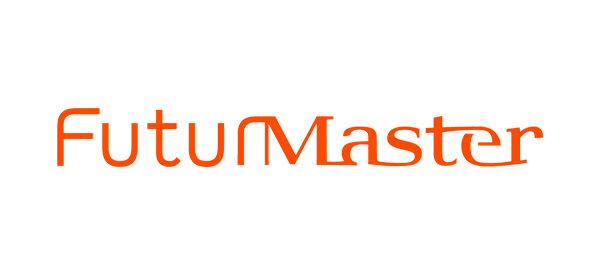

Geronimo Bonomi
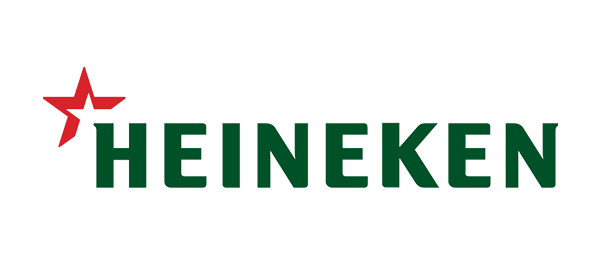
In this insightful opening keynote at the SCL Hub conference, The Heineken Company will join forces with FuturMaster to unveil disruptive strategies for transforming companies’ supply chain challenges in today’s volatile and uncertain world into significant strategic opportunities.
Gilles Lefebvre, Chief Product and R&D Officer at FuturMaster, a leader in advanced Supply Chain Planning solutions, will articulate the company’s pioneering vision, “The Power of ‘Unleashing’ Complexity.” He will delve into how understanding and leveraging the inherent complexities in demand volatility and extended supply networks can be a formidable source of competitive advantages, especially when harnessed with cutting-edge technologies like AI, advanced analytics, and visualization.
Following this, Geronimo Bonomi, Transition Manager, Transformation and Growth, Global Planning at The Heineken Company, will bring this vision to life through concrete case studies. He will detail Heineken’s journey towards future-ready supply chains, showcasing the impactful implementation of FuturMaster’s Bloom technology in their global operations.
This session promises to provide actionable insights on leveraging technology to thrive in today’s dynamic market landscape, making it an essential session for those looking to enhance their supply chain strategies.
-
10 minute break
-
Theater: Syon 1 & 2
Scheduled 1-1 Meetings 01
-
5 minute break
-
Presentation 01 Theater: Dukes 1
Tackling carbon footprint with next-generation command centers

Ville Parkkinen


Anna Shraga

Abstract:
Supply chain visibility plays a key role in driving sustainable commerce. With emerging ESG and carbon emissions regulations, companies must look beyond the boundaries of their organisation and extend visibility into their multi-tiered supplier networks. The task is not easy and requires deeper collaboration with partners and employing complex data from multiple sources. Join this session to learn how the largest Supply Chain network in the world is tackling decarbonisation and sustainability challenges for its clients, taking supply chain visibility to the next level.
-
Presentation 02 Theater: Syon 3
4000km to Supply Chain Orchestration

Matthew Spooner
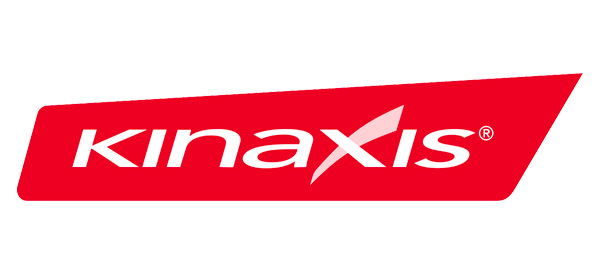
Discover the dynamic link between ultra cycling and supply chain orchestration with Matt Spooner, an avid cyclist and supply chain expert. In this eye-opening journey, he explores the remarkable parallels between conquering a 4,000km bike race and orchestrating a supply chain operating at peak performance. From the use of AI and digital twins to striking the right balance between accuracy and agility, he reveals what it took to cross the finish line and shares examples of how Kinaxis customers are using the same techniques to create supply chains that transcend traditional boundaries.
-
Presentation 03 Theater: Dukes 2
Transform Your Supply Chain: Go From Reactive to Proactive With SAP Data Analytics

Richard den Ouden
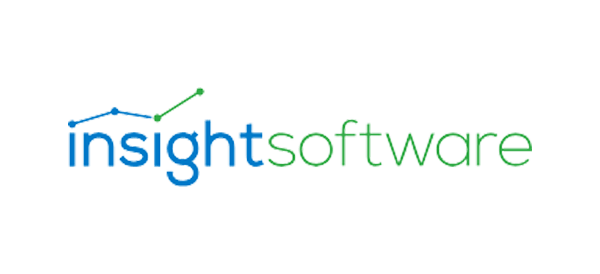
Abstract:
Defining a supply chain strategy is critical for manufacturing companies in today’s constantly evolving economic landscape. However, the key to successful supply chain management is in the execution. Execution excellence happens mostly on an operational level in the planning of supply chain processes, including sourcing, producing, selling, and delivering. When you run your supply chain processes in SAP ERPs (ECC or S/4 HANA), it is critical to have full transparency on all operational KPIs. It is also key to have the ability for all decision makers to drill down to the details, finding bottlenecks and detecting the impact and the root causes.
During this presentation, attendees will learn about a powerful data analytics tool with built in SAP knowledge and business reporting templates. Attendees will walk away with a better understanding of how to:
- Measure, analyse and improve supply chain processes.
- Swiftly resolve problems and proactively address potential future issues.
- Increase the data quality of your SAP ERP data to drivee efficiency and reduce cost.
-
Roundtable 01 Theater: Empire 1
Portfolio Optimization – Driving Decomplexity

Stephen Looney
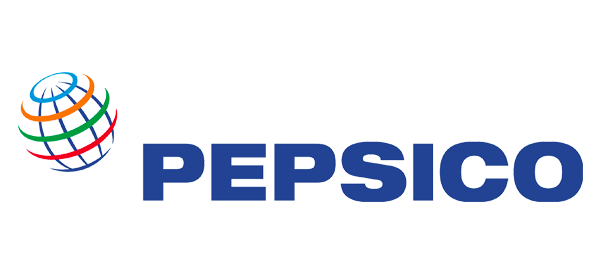
Key Discussion Points:
- Understanding Product Portfolio Health
- SKU Rationalization Process
- Benefits of decomplexity
- Commercial and cross functional buy in
-
10 minute break
-
Theater: Syon 1 & 2
Scheduled 1-1 Meetings 02 & 03
-
Theater: Syon 3
-
Workshop Theater: Dukes 2
End-to-End Supply Chain Visibility with Celonis

Peter Budweiser
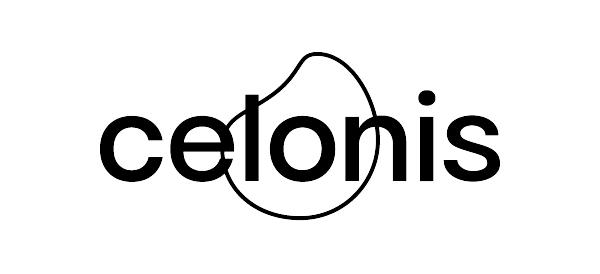

Emanuela Müller

- We help companies find, diagnose and fix inefficiencies they can’t see, enabling them to perform at levels they never thought possible.
- Every business is a collection of interconnected processes
- Celonis identifies the root cause of hidden inefficiencies within your supply chain and eliminates system disparity
Celonis in action:
- End to End Lead Times demo
Take part in this hands on workshop – Pizza order-to-delivery process!
-
Roundtable 02 Theater: Empire 1
The Role of Technology for the Future of Supply Chains

Jonathan Barnett

More than ever the world around supply chains is changing at unprecedented speed. Commerce is evolving creating new go to market platforms and ever increasing omnichannel fulfilment needs. Supply chains themselves are facing more cost and supply disruption than ever before driven by world events, many of which are being faced for the first time in our generation.
To stay competitive supply chains are finding solutions to adapt to future commerce requirements and address disruption however this is coming with a trade-off of increased complexity, cost and fatigue on organisations.
In this interactive roundtable we will discuss the critical role of technology for the future of supply chains, how it can be leveraged to its full power and create sustainable competitive advantages.
Key discussion points:
- What’s the role of data analytics and science in enabling faster insights, decision making and growth?
- How can robotics, AI and machine learning be leveraged to drive efficiencies and lower operating costs?
- Consumers are asking for more transparency, what’s the role of blockchain to enable traceability and tangibility?
- How will centralised matrix organisations adapt to meet the increasing entrepreneurship of commerce?
-
5 minute break
-
Theater: Syon 1 & 2
Scheduled 1-1 Meetings 04
-
Business Foyer & Astor Suite
LUNCH
-
5 minute break
-
Presentation 04 Theater: Dukes 1
Digitalisation, Sustainability and Data-Driven Decisions

Martin Willmor
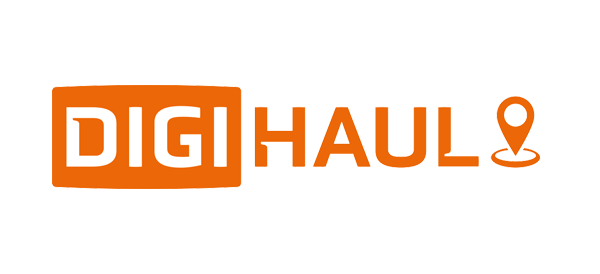

Tim Greenwood
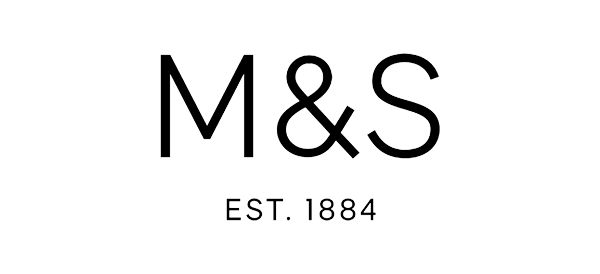
DigiHaul is revolutionising the supply chain and transport industry by disrupting long-standing back-office processes, particularly in obtaining proof of delivery and implementing automatic GPS date and time stamps for collection and delivery. Unlike traditional systems where service failures are often discovered the next day, DigiHaul’s technology enables real-time issue identification and resolution.
The disruption extends to major brands with substantial but under-utilised vehicle fleets, often idling at industrial estates or warehouses and running empty on return trips. DigiHaul offers a sustainable solution by optimising the usage of these fleets, aligning with the eco-friendly goals of businesses. While the transition to digital solutions may take time for some customers, the overall industry trend favours a digital-forward approach.
DigiHaul has collaborated with M&S to harness the power of data and identify potential reductions in empty running through backhaul matching. By overlaying the M&S network with the existing DigiHaul network of shipments, complimentary journeys have been identified eliminating the requirement for certain empty legs, resulting in significant cost savings and carbon reductions.
Discussion Points:
- Digitalisation within transport industry (change management)
- Sustainability drives from corporate customers (2030 targets etc)
- Opportunities to move towards asset-lite operations
-
Presentation 05 Theater: Syon 3
Logistics enabling transformation into multi-category D2C with an Ultimate Control Tower

Leonardo Marins
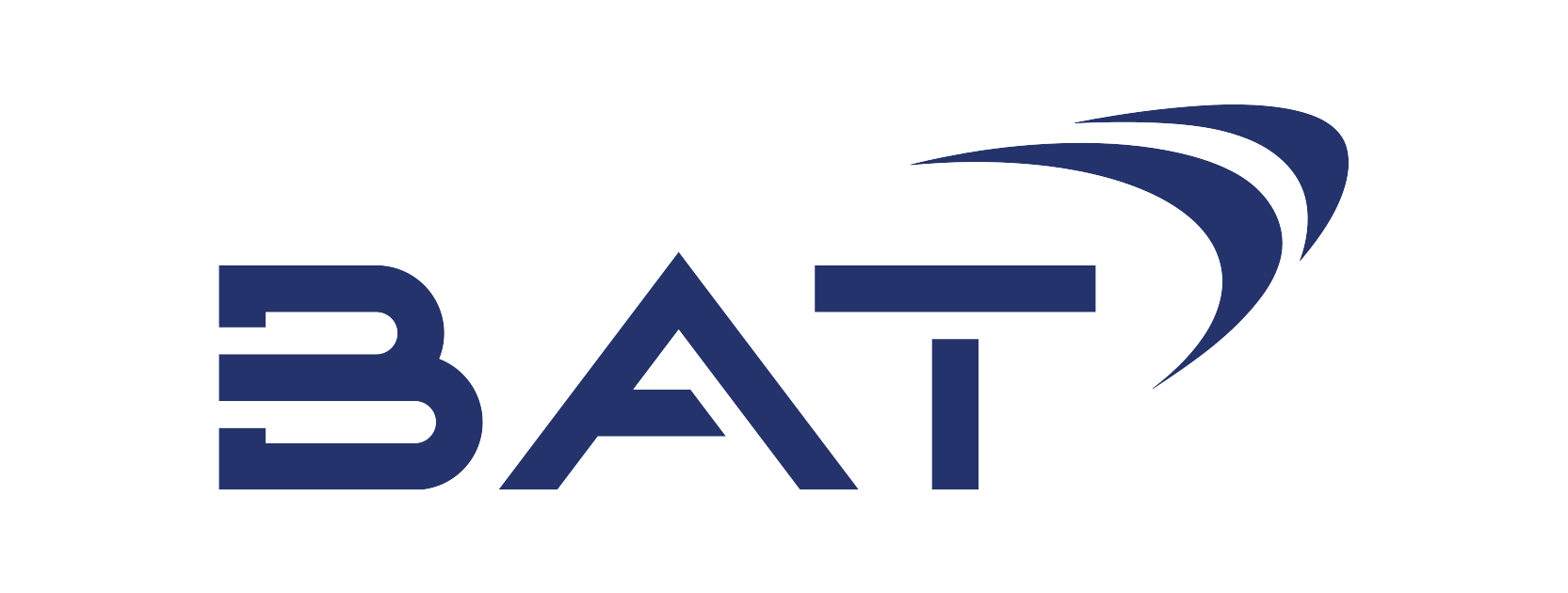
The BAT of tomorrow will be a high-growth, consumer goods company: global, consumer-centric, multi-category, with sustainability at core. No longer just a tobacco company, BAT is radically redefining the organisation.
Digital transformation, technology, and innovation will drive that transition actioned by people through BAT culture. This presentation will show the challenges in Logistics to become multi-category, to enable Direct to Consumer, own stores, e-commerce, marketplaces; how to operate in a traditional company with start-up level products and the journey from traditional to digital synchronized and connected supply network, towards full visibility, automation and prescription, enabling agility in our Route to Market models.
Discussion Points:
- How Logistics is supporting to transform the business into to a high-growth global, multi-category consumer goods company, with sustainability at core.
- The Logistics challenges from a high volume single stable product category, B2B channel to a multi-category, multi-channel, multi-source unstable network with direct-to-consumer sales in a digital world.
- How BAT is moving from traditional supply network to a digital synchronized and connected supply network, the BAT Ultimate Control Tower strategy towards full visibility, automation and prescription, enabling agile Route to Market.
-
Presentation 06 Theater: Dukes 2
Why Supply Chain Executives are STILL not sleeping well

Anand Medepalli
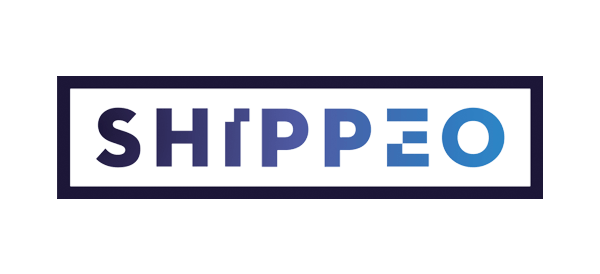
Uncertainty in supply chains is the new norm. Disruptions such as geopolitical risks and inflationary impacts continue to put pressure on the supply chains. The era of continuous planning is upon us and CSCOs need agility, flexibility, efficiency and yes, resiliency in their supply chains. In this session we will discuss why supply chain visibility is the foundation they need to meet these challenges head on.
-
Roundtable 03 Theater: Empire 1
KPI’s Culture and Processes – you are what you measure!

Victor Diaconu
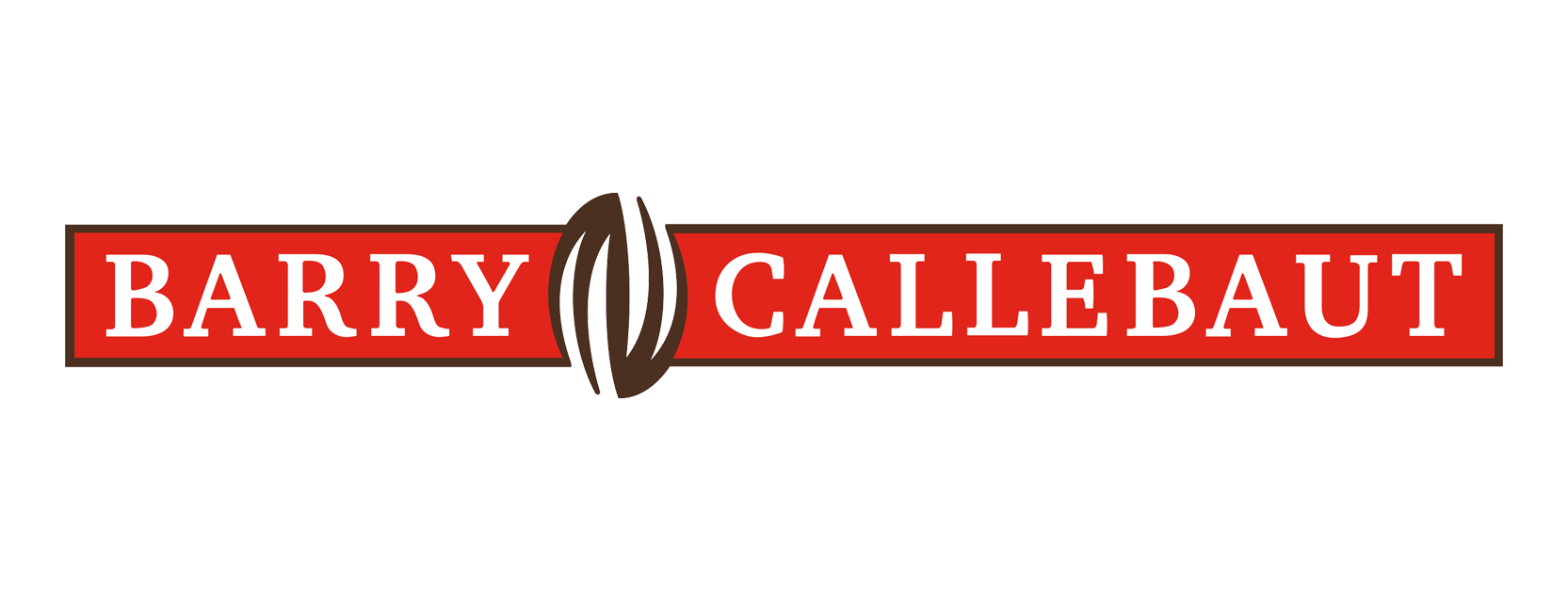
In the complex world of supply chain management, the relationship between KPIs and operational processes takes centre stage. This discussion will explore the profound impact of KPIs as more than just metrics; they serve as mirrors reflecting an organization’s values and strategic priorities. We will delve into how KPIs can be strategically selected, measured, and integrated into supply chain processes to drive excellence. Through real-world examples and practical insights, we aim to gain a deeper understanding of how aligning KPIs with specific functions within the supply chain can foster efficiency and success.
Throughout this discussion, participants will engage in insightful conversations about the challenges faced by supply chain professionals and innovative strategies to address them effectively through the usage of powerful metrics. We will also explore the evolving role of technology and the emerging trends shaping the future of supply chain management. The central message remains clear: in the realm of supply chain, “You are what you measure!”
-
10 minute break
-
Theater: Syon 1 & 2
Scheduled 1-1 Meetings 05
-
Presentation 07 Theater: Dukes 2
Supply Chain Sustainability and ESG

Matt Addison

From small to large businesses, the entire supply chain eco-system has reached a point where action is now essential to be more sustainable and reach net zero. However, this can be a complex subject and companies can struggle to determine where to start and how best to turn ideas and passion into actionable plans.
Key discussion points:
- Understand the implications of ignoring the opportunity to be more sustainable and what financial and social risks this would imply for the future of your business
- Understand the practical steps that companies can take to move towards their sustainability goals – at both an enterprise, network and site level
- Learn how to better measure and reduce your carbon footprint by leveraging visibility solutions that allow you to get the data you need to take responsible decisions for the long term of your business
- Discover more about Circular Economy and how leveraging the power of strong partnerships can create a positive sustainable impact with communities and for society
-
Roundtable 04 Theater: Empire 1
Scenario Planning: Managing Uncertainty

Sergio Rosa

Scenario Planning is often identified as a key capability in companies with high maturity in S&OP. It addresses uncertainty externally and internally, enables to anticipate trade-off decision making and responsiveness in support of business strategy and financial objectives.
Scenario planning needs to hit the sweet spot between the accuracy in modelling the scenario, and business value extracted.
If done properly it supports the business in managing upfront risks and seizing opportunities ahead before they materialize. If over-engineered, it risks to focus more on the modelling rather than decision making, and therefore waste time and delay the decision making rather than enabling it.
In this roundtable we will share best practises and share views on:
- The scenario planning process: how do you get the right functions at the table, keep it simple and leading to the right question.
- What are the characteristics of effective scenario planning. Assumptions, materiality, trigger points, multiple scenarios, so-what, others?
- How to extract value from the process: building organization alignment and strategic capacity/capability of teams to handle uncertainty
Amongst other points related to scenario planning that might emerge during the discussion.
-
10 minute break
-
Presentation 08 Theater: Dukes 1
How to ensure supply chain buoyancy in unpredictable markets

Dave Food
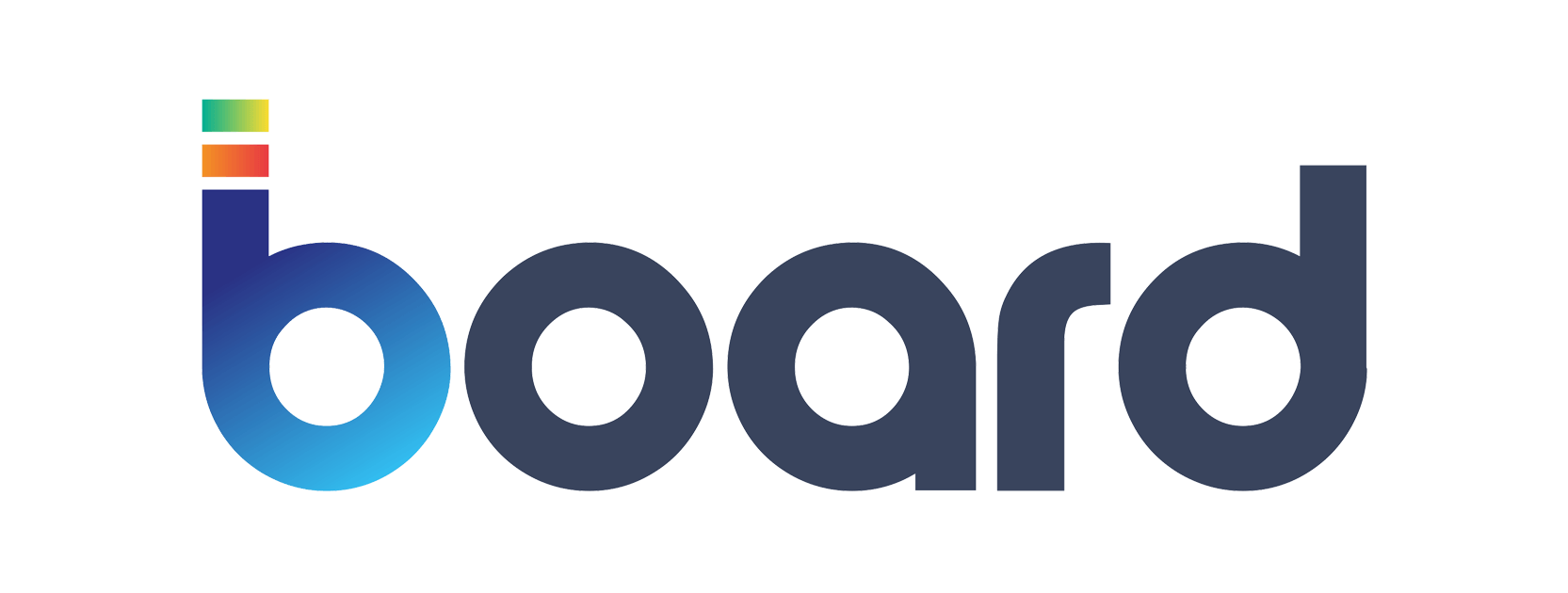
The volume of change both in demand and supply is constant. Ensuring your plan remains integrated and credible is key to business fitness. Planners need the capability to step away from monthly cycles to consider alternative scenarios dynamically and make planning more responsive.
This session will share practical examples on how to make your sales and operations planning the heartbeat of your business and ensure your plans remain profitable and feasible at all times. Hear how you can leverage all your capability through Intelligent Planning.
-
Presentation 09 Theater: Syon 3
Creating a Compelling Digital Supply Chain Strategy and Roadmap

Elena Camarasa


Toon Mulykens

The Digital Revolution is sparking major investments in all facets of industry and Supply Chain is no different. But how to invest in a Digital Supply Chain so that benefits are real, scalable and sustainable?
And how to know when to pioneer and when to be a conscious follower?
In this talk, expect to learn about the Transformation Journey towards a Digital Supply Chain at Kellanova.
Our objective is to share our approach to building a roadmap. We’ll talk about bringing different SC functions and their people on board, how data is key, how this is a journey and how it is possible to pioneer in some areas while working on the fundamentals in other areas.
-
Presentation 10 Theater: Dukes 2
The Next Generation Supply Chain – transforming operations in weeks, with the evolution from S&OP and IBP to Multidimensional Planning

Jeremy Basckin
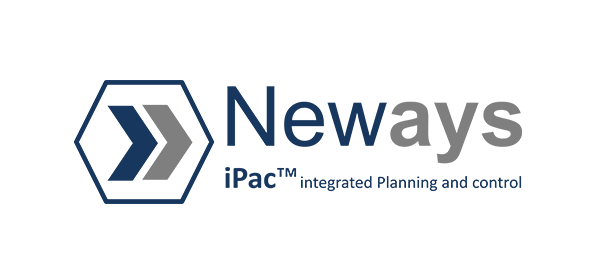
In the current economic climate, we find traditional supply chain operations are no longer adequate in today’s less predictable conditions. Sharing the 6 focus areas to retain control over your operation and function within the ‘new normal’. Demonstrating how the supply chain processes need to evolve including eCommerce, and how you can digitally transform your operations within weeks.
-
Roundtable 05 Theater: Empire 1
Will Sustainability targets force companies to change their Supply Chains networks?

Sebastian Pietrzak

Alongside covid pandemy, broken Supply Chains, war outbreak impacting geopolitical situation on the globe & raising sanctions implementation by West into East (and vice versa). We all face challenges to deliver ambitious Sustainability targets in next years. Let’s talk together about:
- What are your current initiatives to reduce carbon footprint?
- Global vs local Suppliers – risks & opportunities
- Is Europe able to be self-sufficient or still dependent on Asia manufacturing base?
- Will Sustainability force companies to source more materials locally rather than off-shore?
-
5 minute break
-
Presentation 11 Theater: Dukes 1
Engaging investors through ESG: the role of supply chain

Dr. Kirstie McIntyre
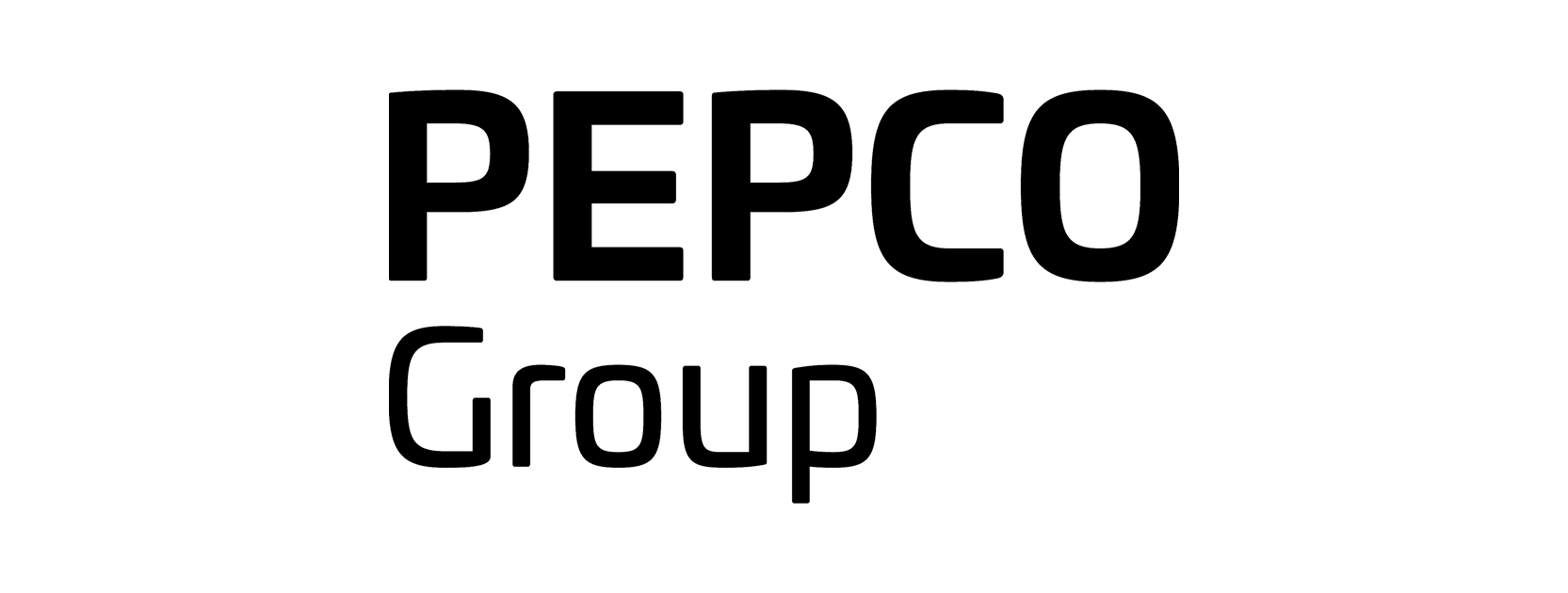
Key discussion points:
- Financing mechanisms
- Reporting frameworks
- Net Zero transition plans
- Managing supplier risk
-
Presentation 12 Theater: Syon 3
Demand Planning: leveraging AI & Machine Learning

Jimena Zumaeta
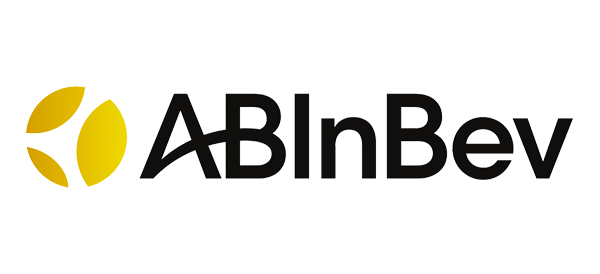
In today’s dynamic business landscape, precision in demand forecasting is the cornerstone of operational excellence. Join us for an insightful presentation led by industry expert Jimena Zumaeta, as we explore the transformative power of AI and Machine Learning in modern demand planning.
In this presentation we will cover:
- Cover some of the best-in-class models for FMCG industry
- Explore how the consumer goods industry has reshaped its demand planning processes through the adoption of machine learning models to significantly improve accuracy
- Understand the role of the demand planner of the future
- Appreciate the need of probabilistic models for forecast enrichment
-
Roundtable 06 Theater: Dukes 2
The Role of Technology for the Future of Supply Chains

Jonathan Barnett

More than ever the world around supply chains is changing at unprecedented speed. Commerce is evolving creating new go to market platforms and ever increasing omnichannel fulfilment needs. Supply chains themselves are facing more cost and supply disruption than ever before driven by world events, many of which are being faced for the first time in our generation.
To stay competitive supply chains are finding solutions to adapt to future commerce requirements and address disruption however this is coming with a trade-off of increased complexity, cost and fatigue on organisations.
In this interactive roundtable we will discuss the critical role of technology for the future of supply chains, how it can be leveraged to its full power and create sustainable competitive advantages.
Key discussion points:
- What’s the role of data analytics and science in enabling faster insights, decision making and growth?
- How can robotics, AI and machine learning be leveraged to drive efficiencies and lower operating costs?
- Consumers are asking for more transparency, what’s the role of blockchain to enable traceability and tangibility?
- How will centralised matrix organisations adapt to meet the increasing entrepreneurship of commerce?
-
Roundtable 07 Theater: Empire 1
Aligning Hearts and Minds With Effective Approaches To Change Management

Dave Allen

Often change programmes fail to deliver expected outcomes in terms of business expectations and people return to old ways of working. As such the management of change should be at the centre of all business process improvement. Getting this right isn’t easy. So I would like us to review and share our experiences of:
- Is it managing change or managing the response to change?
- What are your experiences of change where the change went well?
- What were your feelings and the key messages learned from the journey?
- How have you applied these lessons to other change management projects?
- What are some of the pitfalls to avoid when implementing change?
- How important is it to have good governance in place and what steps have you seen or experienced to support this?
- Defined new ways of working – how has this been managed in your experience and what is the balance of education over training?
- Performance metrics are quoted as a good driver of change – have you experienced this and how was this implemented?
-
10 minute break
-
Panel Debate Theater: Syon 3
Collaboration – A Key Differentiator To Future Supply Chain Performance?

MODERATOR
Josephine Coombe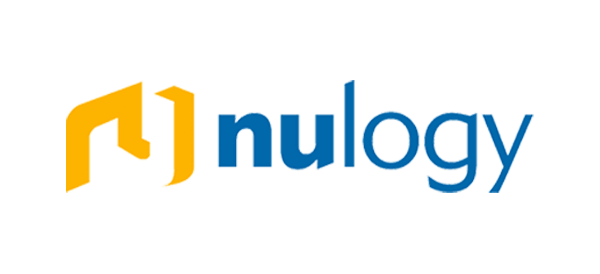

Gavin Withers
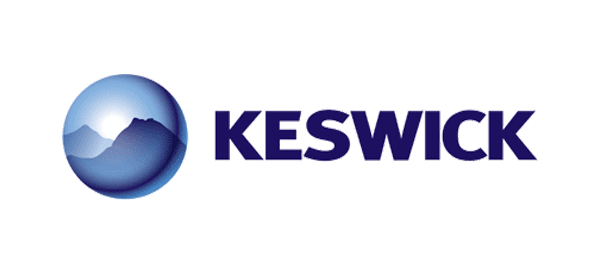

Manuel Becker
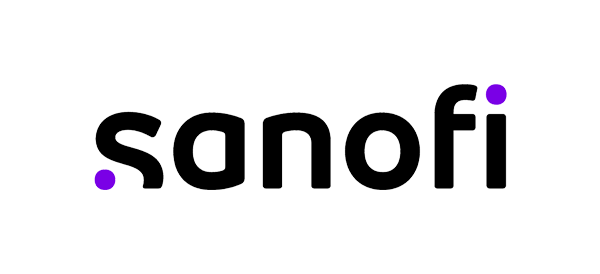

Oliver Hunt
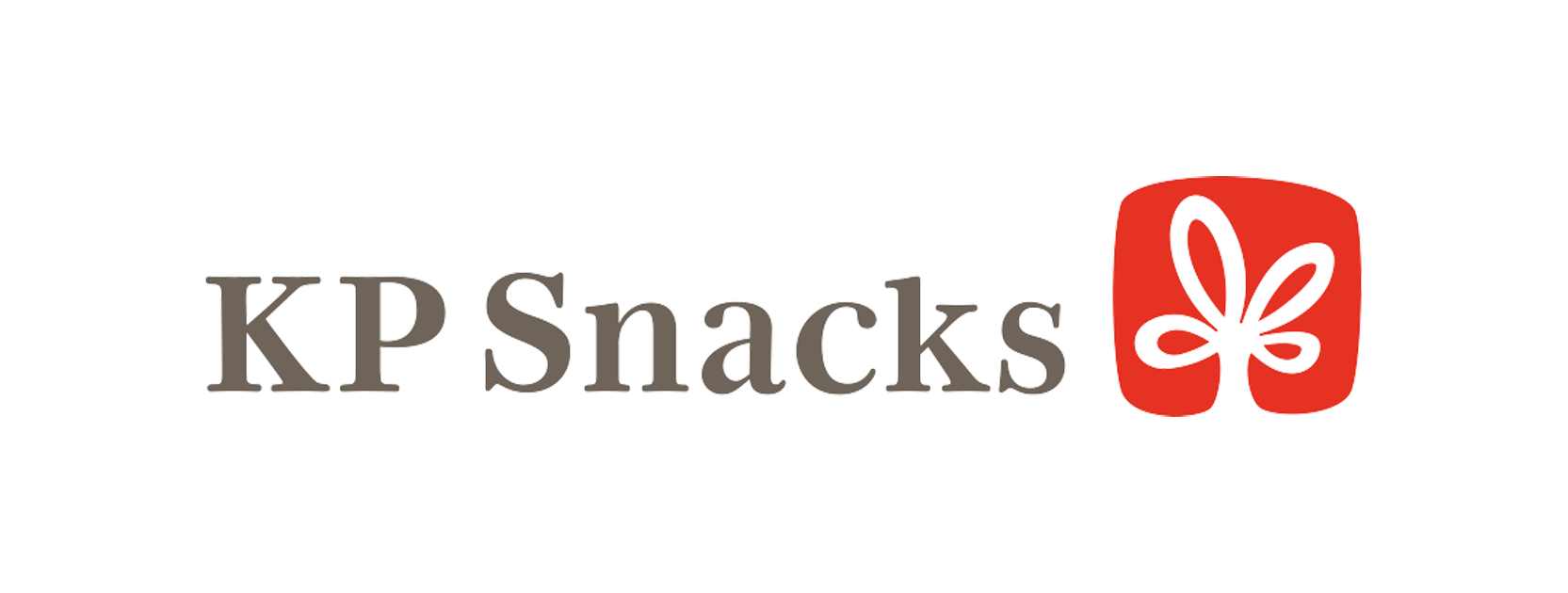

Kevin Wong

In this panel discussion, we will explore the evolution of the external supply chain into a collaborative ecosystem. As visibility into network capacity and inventory availability becomes increasingly important to brands seeking to strengthen resilience and responsiveness, the external supply chain can no longer operate as a black box. Supply chain leaders from brands in the pharmaceutical and FMCG sectors, together with external supply chain providers, and enabling technologists, discuss the new focus on collaboration and synchronisation – and some of the emerging technologies that promise to bridge the gap between brands and their external manufacturing networks.
-
Closing Speech
-
Business Foyer & Astor Suite
Evening Drinks Reception